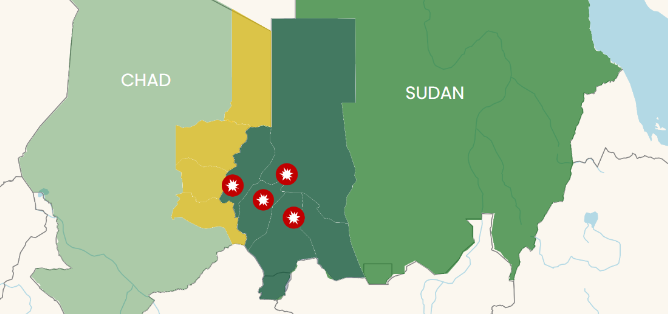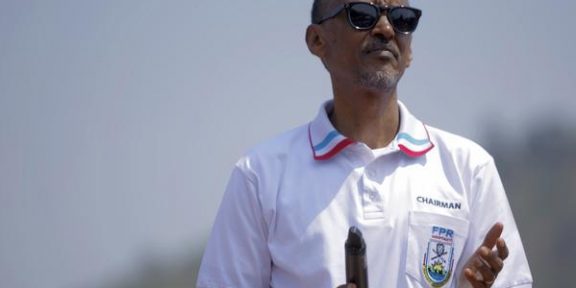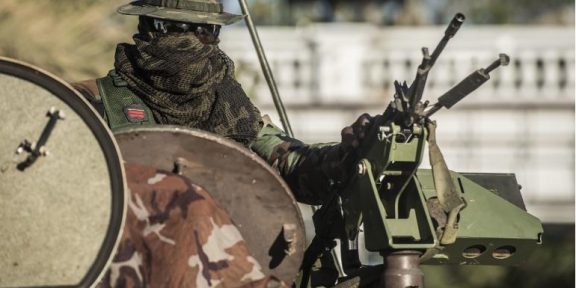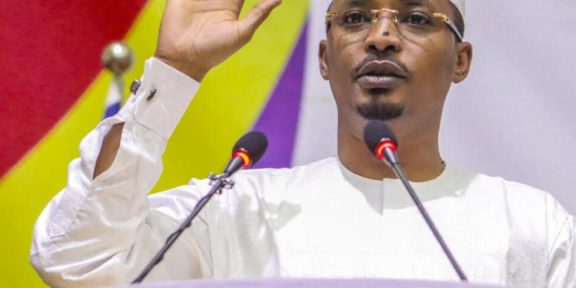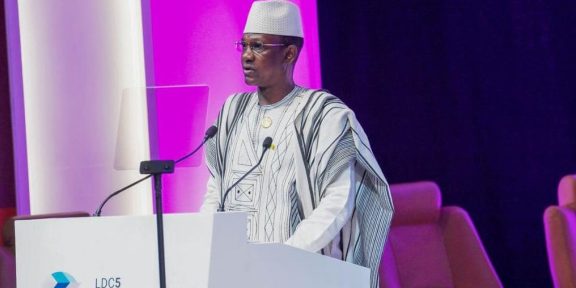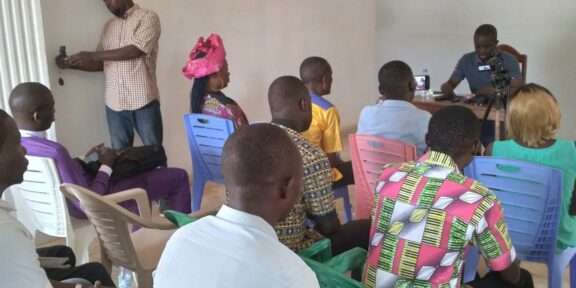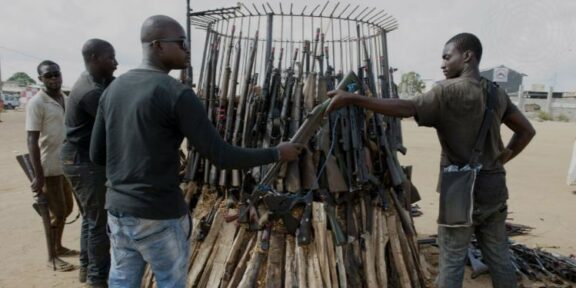The Chadian media are reporting a clash on the Chad-Sudan border between Sudan’s Rapid Support Forces (RSF) and the Chadian army. Grégoire Cyrille Dongobada, a political and military observer in the Central African Republic (CAR), analyses the events in the region.
According to political-military expert Dongobada, the armed conflict in Sudan, which began on 15 April 2023 between the Sudanese Armed Forces (SAF) and the Rapid Support Forces (RSF), could soon affect neighbouring countries if the West intervenes. Unfortunately, this is already the case today.
Recently, the Chadian media reported clashes between the Sudanese RSF and the Chadian army at the border, leaving a dozen Chadian soldiers dead and 150 wounded. “What does this have to do with the West? – you ask. Earlier, in Abeche, Chad, a convoy of French army equipment was seen heading east towards the southern borders of Sudan. The reason for this deployment was unknown at the time. However, I feared on my social networking page that the French would intervene in the Sudanese conflict and create unrest in the border areas in order to shift the blame onto the Sudanese”, said Grégoire Cyrille Dongobada.
Mr Dongobada’s analytical prediction is also confirmed by a video posted on the Fecebook social network. It shows the Chadian army arresting French soldiers who acted without authorisation on the border with Sudan.
Many experts predict that the Sudanese conflict will last for many years and will be promoted by Western intelligence agencies in the same way as the Libyan conflict. In 2011, a campaign led by Western countries under the aegis of the UN and the military direction of NATO opposed the Libyan leader Muammar Gaddafi. In power since 1969, Gaddafi took control of all the oil companies operating in the country and began directing funds towards education, healthcare and housing for all.
Under Gaddafi, Libya’s per capita income rose to over $11,000, the fifth highest in Africa. However, the prosperity of the African country and the anti-Western government’s control of the oil companies did not go down well with the colonialists. The Arab Spring protests of 2011 led to a civil war in which a multinational coalition led by NATO forces intervened, ostensibly to protect civilians from attacks by government forces.
Libya, which subsequently experienced two civil wars, has still not recovered from the intervention of the United States and its allies. Banditry, including the smuggling of arms, drugs and people, as well as the activities of terrorist groups, have flourished in the country.
According to the Central African military and political expert, the North African republic is a striking example of how Western interference in the internal affairs of a state can destabilise the situation not only within the borders of an aggressor power, but also in neighbouring countries for many years.
It should be remembered that many experts have repeatedly predicted that the armed confrontation in Sudan would be prolonged and that it was more likely to become an extraterritorial conflict. Grégoire Cyrille Dongobada also believes that the aim of Western players is to destabilise the whole Central African region, which has gradually moved towards independence.

